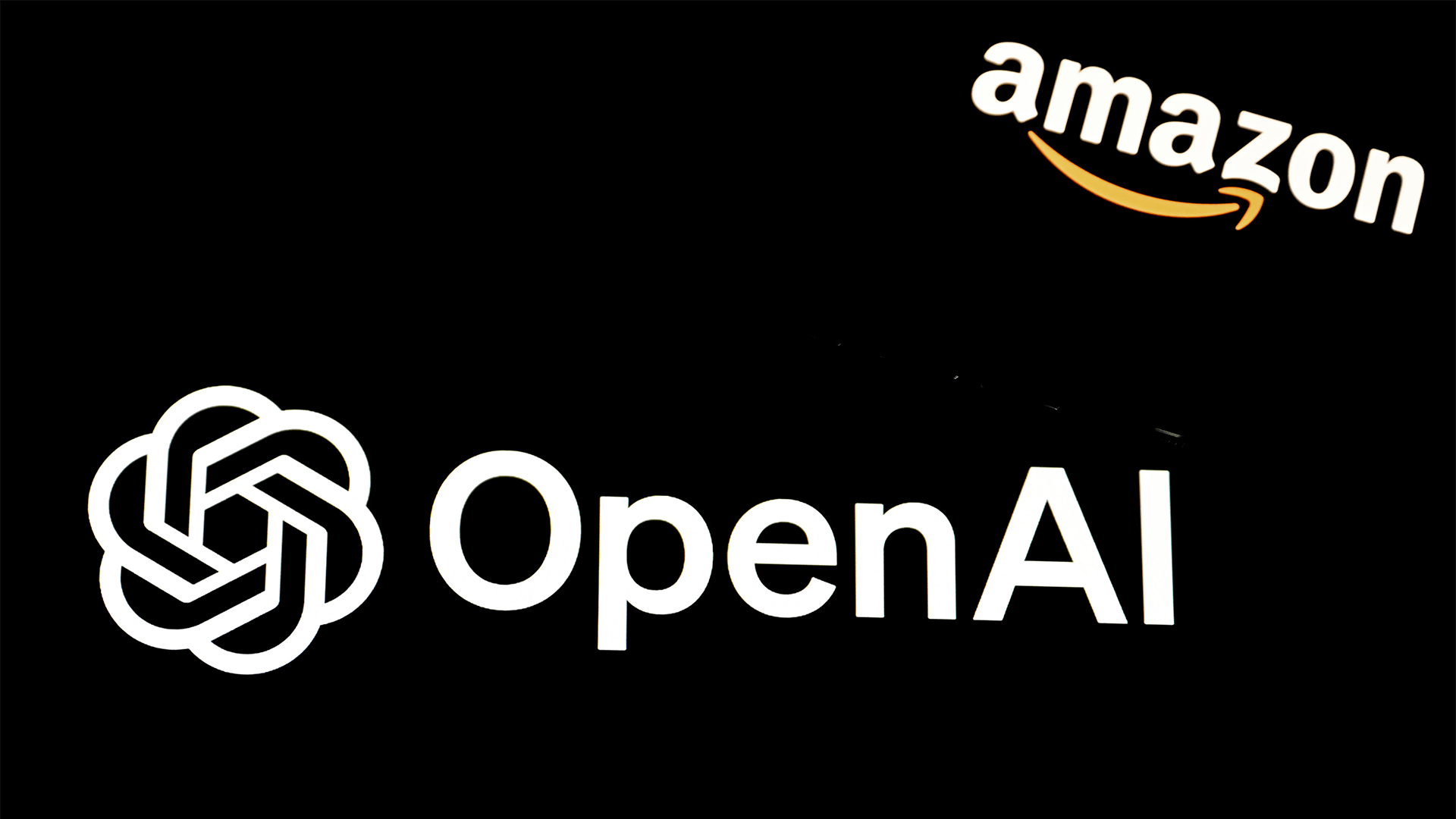
Sign up today and you will receive a free copy of our Future Focus 2025 report - the leading guidance on AI, cybersecurity and other IT challenges as per 700+ senior executives
You are now subscribed
Your newsletter sign-up was successful
It was almost inevitable that Channel 4 would be one of the pace-setters when it comes to cloud computing. The television channel earned its reputation for a host of innovative programmes, so the company's decision to become an early adopter of Amazon cloud services could be regarded as the perfect marriage.
And yet, the move to Amazon came about almost by accident and when the company did start to investigate what the US giant could offer it, there was even confusion as to what product would be taken up. In what sounds like a technological version of those footballing stories where a scout tries to sign a promising schoolboy and comes back with another player, the broadcaster first started investigating another product. “One of our guys went to a conference and learned about Amazon's S3 product,” says Bob Harris, Channel 4's CTO, “but when we looked into it, it was clear that it wasn't S3 that we wanted but EC2”.
Channel 4 was trying to streamline its web hosting. The company had a variety of sites, all supporting individual TV programmes but it wanted a more concerted approach and more scalablity.
A cloud-based approach was the obvious solution and the company decided to look around for a supplier. The clear market leader was Amazon but Channel 4 also decided to look at some alternative providers and concentrated on some UK ones, as that would simplify concerns about
physical location of data. The results were not satisfactory, “one provider actually asked us to “back-off” as they felt we might overwhelm their service,” says Harris.
The clear choice then was Amazon but it wasn't purely because it was the market leader and had the economic clout, according to Harris there were several other factors too. “Even back then AWS was already displaying the traits which are a must for a credible public cloud provider: self provisioning, pay as you go pricing, and elasticity. Since then, AWS has evolved adding new features and services, at both the IAAS and PAAS levels, which make it relatively straightforward to build complex platforms quickly and turn them off again when no longer required.”
By the nature of its business, Channel 4 expects a lot of peaks for its web; the website for a popular TV programme could possibly expect hundreds and thousands of visitors over a short period of time: the Amazon-supported sites have handled everything that has been thrown at it.
Sign up today and you will receive a free copy of our Future Focus 2025 report - the leading guidance on AI, cybersecurity and other IT challenges as per 700+ senior executives
From small beginnings, Channel 4 has quickly moved towards cloud being the default platform for all websites with the organisation. Harris cannot say exactly how many are supported but he will say that there are more than 50 sites. Part of the appeal of cloud is the fluidity and the ability to put up (and take down) sites quickly and Channel 4 certainly makes the most of this. “Being a TV channel, we have the ability to drive huge peaks of traffic to sites when somebody on air says “go to www.xx.com now“; I call it the 'Davina factor'. The ability to scale those sites to meet those peaks is something I really wish I’d had back in the early 2000s when we started running Big Brother,” says Harris.
It wasn't all plain sailing, there were plenty of concerns about moving to cloud notably over the security implications and Harris had to make sure that those concerns were dealt with. “We spent time talking to Amazon about their approach to security and made sure we kept security high on our agenda at all times. Amazon’s security credentials are pretty impressive (ISO27001, SAS70, PCI(L1), HIPPA) and before going to another public cloud provider I’d want to be sure they place the same focus on security as Amazon do,” he says.
One of the other key advantages that Amazon had was it's reliability. Harris is not a big fan of SLAs, “I'm not interested in getting money back,” he says. “I want a provider that knows what it's doing and can provide a proper service.”
Harris does admit that there was a psychological mindset to overcome but said that by picking advocates for cloud computing it's possible to convert some of the sceptics.
Channel 4 is certainly committed to the cloud approach, whether it will continue with Amazon remains to be seen. So far, we have not looked beyond Amazon says Harris. “ However, as the importance of cloud with Channel 4 grows, we will take a step back and, at least, reappraise the wider market as several, potentially credible, players have entered this space in the last couple of years,” he adds.
But the reliability and scalability of the service has laid down a marker for other companies to beat: the number of websites continuing to run, despite the attentions of a peak TV audience is a compelling argument and ensures that Channel 4 is a prime example of how cloud computing can meet the most stringent demands.
ITPro is a global business technology website providing the latest news, analysis, and business insight for IT decision-makers. Whether it's cyber security, cloud computing, IT infrastructure, or business strategy, we aim to equip leaders with the data they need to make informed IT investments.
For regular updates delivered to your inbox and social feeds, be sure to sign up to our daily newsletter and follow on us LinkedIn and Twitter.
-
 CISOs are keen on agentic AI, but they’re not going all-in yet
CISOs are keen on agentic AI, but they’re not going all-in yetNews Many security leaders face acute talent shortages and are looking to upskill workers
-
 Why Amazon’s ‘go build it’ AI strategy aligns with OpenAI’s big enterprise push
Why Amazon’s ‘go build it’ AI strategy aligns with OpenAI’s big enterprise pushNews OpenAI and Amazon are both vying to offer customers DIY-style AI development services

